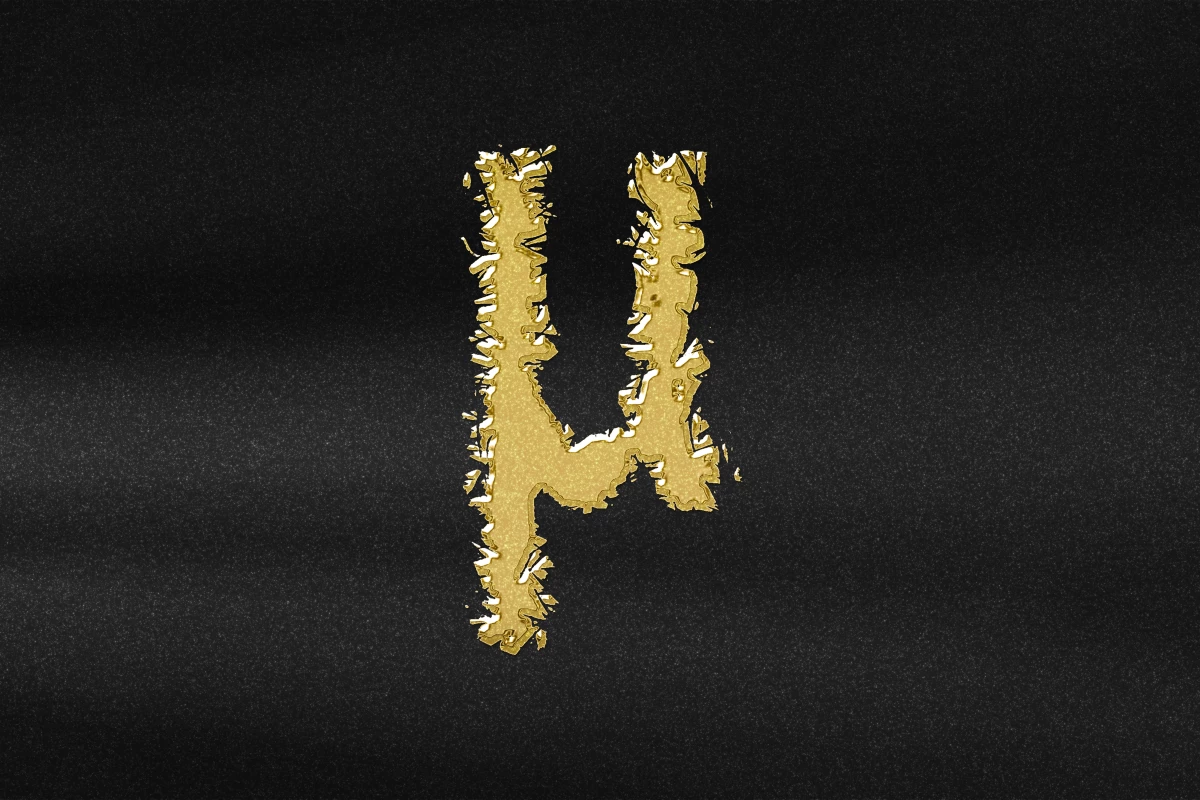For the first time in several months the World Health Organization has added a new SARS-CoV-2 variant to its official tracking list. Designated by the Greek Alphabet letter Mu, this newly defined “variant of interest” has been detected in 40 countries to date.
The variant was first characterized in Colombia in January, 2021. Initially labeled B.1.621, it has been found to account for 39 percent of sequenced cases in Colombia and 13 percent in Ecuador. But it has not been detected in great amounts in the rest of the world.
“The Mu variant has a constellation of mutations that indicate potential properties of immune escape,” states the WHO in its latest report. “Preliminary data presented to the Virus Evolution Working Group show a reduction in neutralization capacity of convalescent and vaccine sera similar to that seen for the Beta variant, but this needs to be confirmed by further studies.”
The WHO’s Technical Advisory Group on Viral Evolution has three tiers for classifying novel SARS-CoV-2 variants. The first is an Alert for Further Monitoring in which a variant shows “evidence of phenotypic or epidemiological impact” requiring further monitoring.
B.1.621 was designated Alert for Further Monitoring in late May. Following further assessment the WHO’s advisory group reclassified the B.1.621 as a Variant of Interest on August 30. Once a variant is classified a VOI it is officially given a Greek Alphabet character title. The final top classification tier is Variant of Concern.
So far there is little robust research on Mu, either in regards to increased transmissibility, immune escape or disease severity. A correspondence published recently in The Lancet Infectious Diseases from a team of UK researchers suggested the variant does contain several mutations associated with vaccine escape, so it should be closely monitored as a variant of concern.
“The presence of mutations associated with vaccine escape might warrant reclassification of this variant to a variant of concern and deployment of additional public health resources to contain spread,” the researchers write.
A small lab study published in late July found antibodies generated by the Pfizer vaccine could still effectively neutralize the Mu variant. However, the team of Italian researchers did note the neutralization was significantly lower than that seen with prior SARS-CoV-2 variants.
The new classification from the WHO is the twelfth to receive a Greek Alphabet designation. There are currently four variants designated with the most problematic Variant of Concern classification: Alpha, Beta, Gamma and Delta. And there are five currently designated Variants of Interest: Eta, Iota, Kappa, Lambda and now Mu. Three variants, previously designated as VOIs have been downgraded after close study and surveillance: Epsilon, Zeta and Theta.
There are 12 more characters left in the Greek Alphabet for yet to be designated SARS-CoV-2 variants. Once the WHO runs out of those characters it will shift to naming new variants of interest after stars or constellations.
Source: WHO




